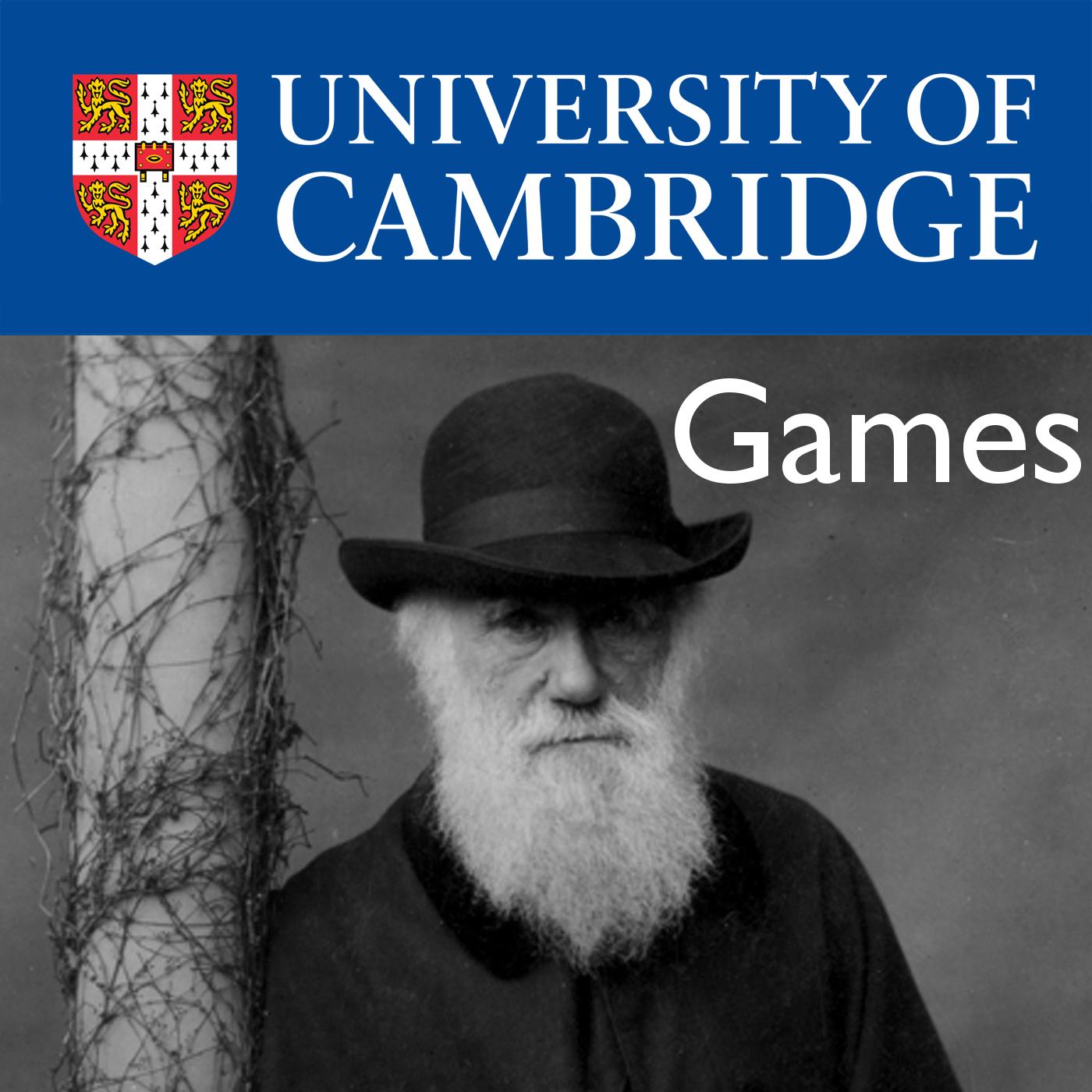The Game Theory of Conflict
Update: 2016-03-11
Description
Thomas C. Schelling, PhD Harvard economics, 1951, was on the Faculty of Yale University 1953-57, spent 1958-59 at the RAND Corporation, 1959-90 at Harvard, Department of Economics, Centre for International Affairs, and John F. Kennedy School of Government, and 1990-2005 at the University of Maryland’s Department of Economics and School of Public Policy. He was a fiscal analyst at the US Bureau of the Budget, 1945-46, did graduate work at Harvard, 1946-48, was in the Marshall Plan Mission to Denmark 1948-49, the European Office of the Marshall Plan, Paris, 1949-50, the White House Foreign Policy Staff, 1950-51, and the Executive Office of the President (foreign aid programs), 1951-53. His main theoretical interests have been bargaining, conflict and cooperation, racial segregation and techniques of self-management. His main policy interests have been nuclear weapons, the limitation of war, climate change, foreign aid and tobacco. From 1983-1989 he was founding director of the Institute for the Study of Smoking Behaviour and Policy at Harvard University. His major books are The Strategy of Conflict, 1960, Strategy and Arms Control (with Morton H, Halperin) 1961, Arms and Influence 1966, Micromotives and Macrobehaviour 1978, Choice and Consequence 1984, and Strategies of Commitment and Other Essays 2006. He has been elected to the National Academy of Sciences, the National Academy of Medicine, and the American Academy of Arts and Sciences, and is the recipient of the Frank E. Seidman Distinguished Award in Political Economy and the National Academy of Sciences Award for Behavioural Research Relevant to the Prevention of Nuclear War. In 2005 he received, jointly with Robert Aumann, the Bank of Sweden Prize in Economic Sciences in Memory of Alfred Nobel. Thomas Schelling lives with his wife, Alice Coleman Schelling, in Bethesda Maryland.
Comments
In Channel













